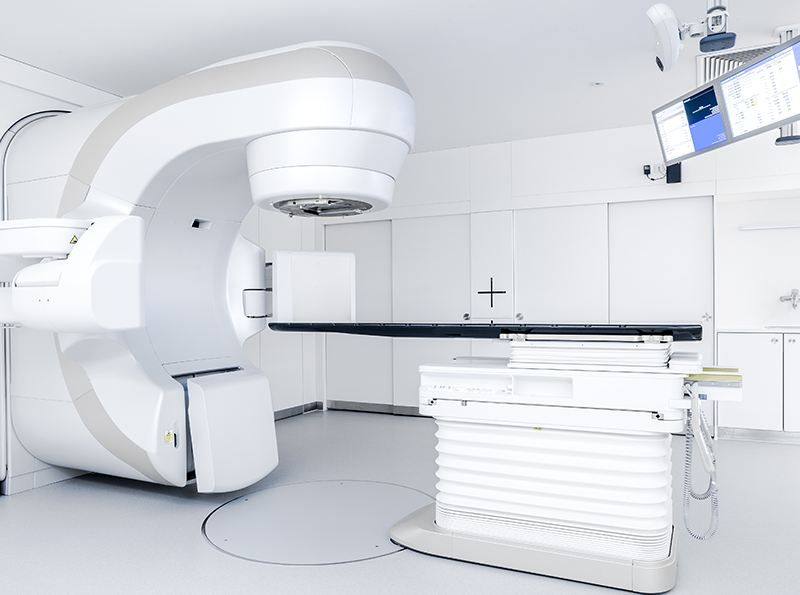Researchers investigated radiation-induced senescent cells and their effects on tumor growth, and senotherapeutics to mitigate these effects.
Aging-US Research
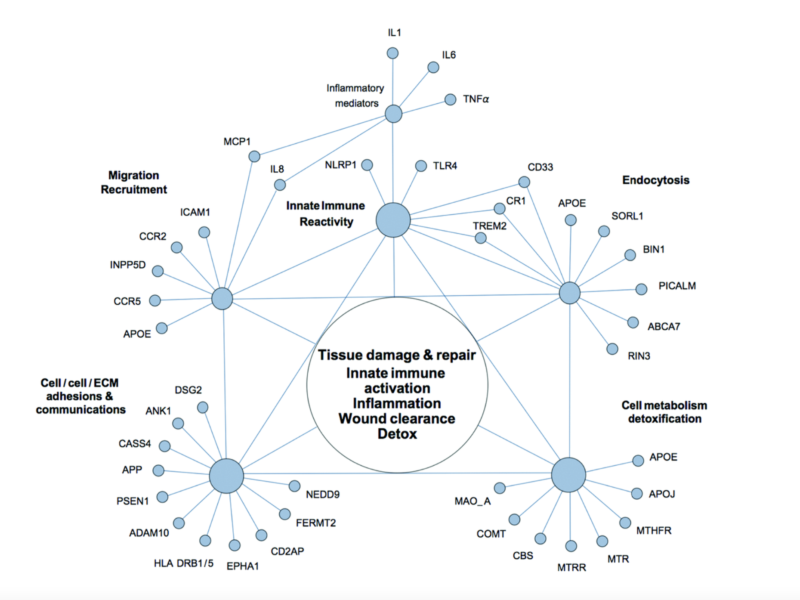
In 2020, researchers conducted an analysis of multimodal data on Alzheimer’s disease (AD). Their research concluded that AD may not begin with amyloid-β.
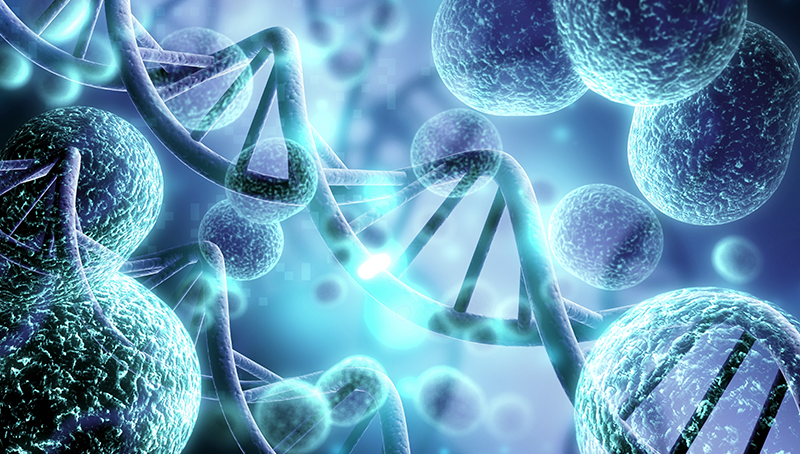
Read a brief summary of a meeting report from the 8th Annual Aging Research and Drug Discovery (ARDD21) meeting.
In the cover paper of Aging (Aging-US) Volume 14, Issue 2, researchers discovered a potential therapeutic strategy to target senescent cells and combat aging and age-related diseases.
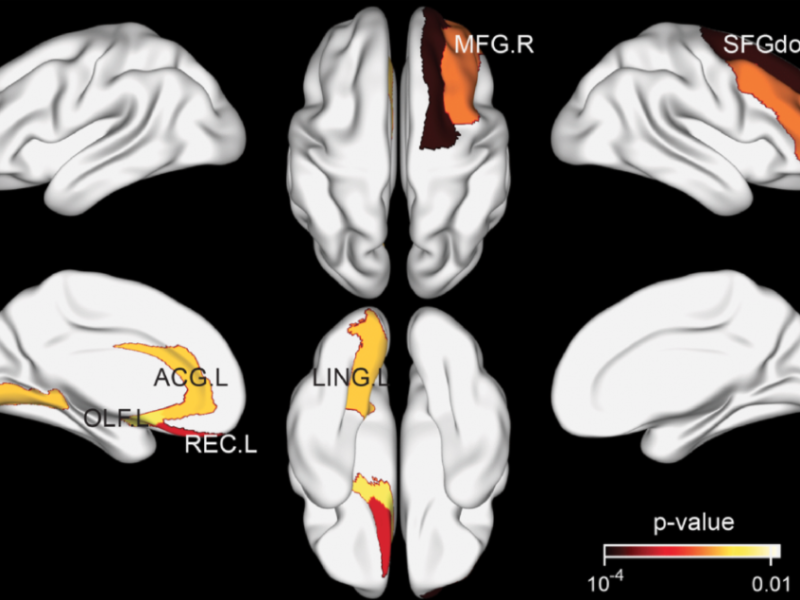
In 2019, researchers conducted the first study to explore the effects of habitual tea drinking on system-level brain networks.
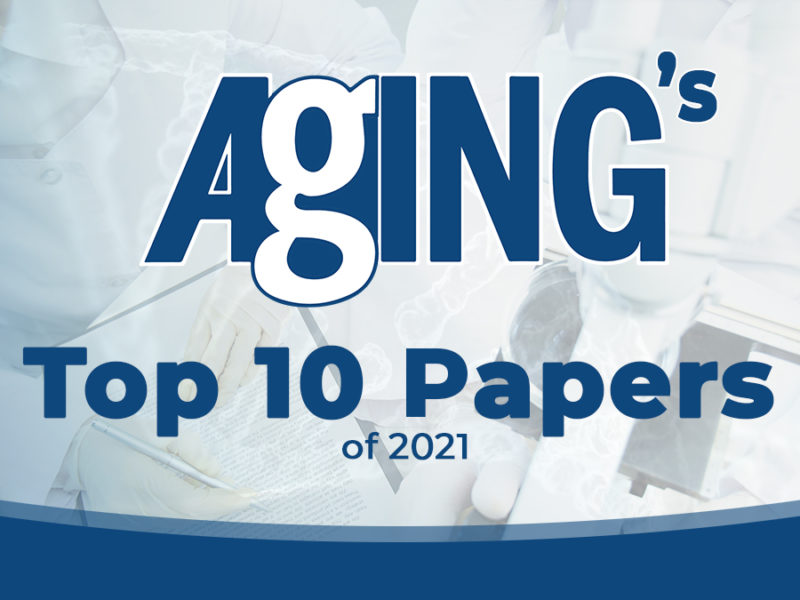
Read the 10 most-viewed papers on Aging-US.com in 2021.

In a priority research paper published by Aging-US in January of 2022, researchers investigated aged muscle stem cells and their ability to sense and respond to mechanical cues.
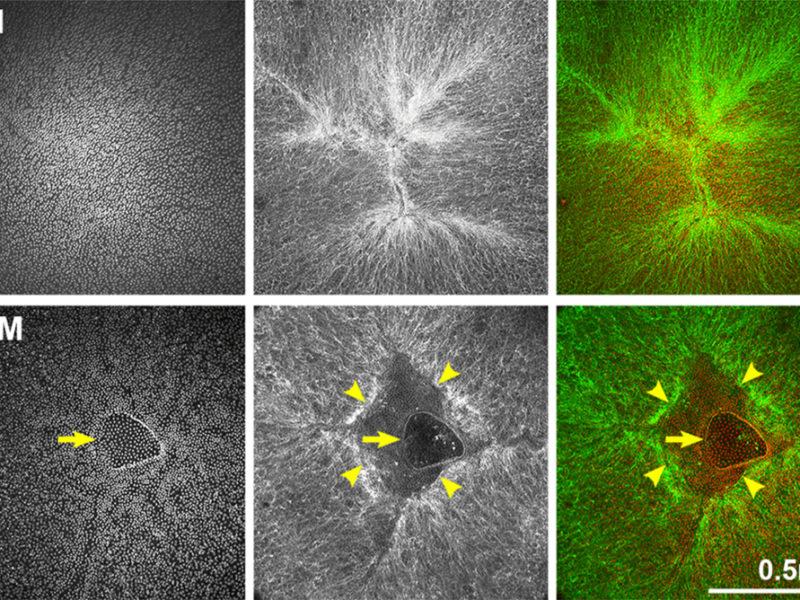
In this 2019 study, researchers examined murine models to determine common age-related eye lens changes that contribute to eventual vision impairment and loss.
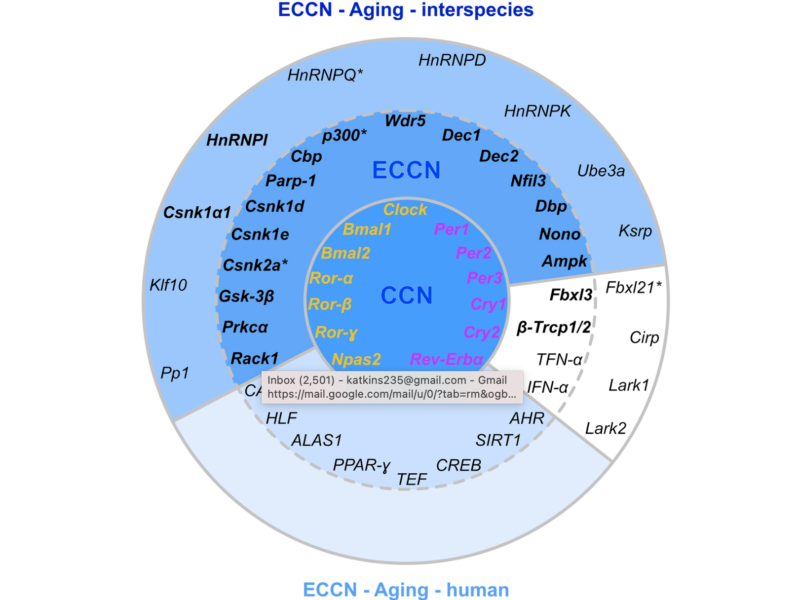
In the cover paper published in Aging (Aging-US) Volume 13, Issue 24, researchers conducted a study suggesting that the circadian system is subjected to aging-related gene alterations.
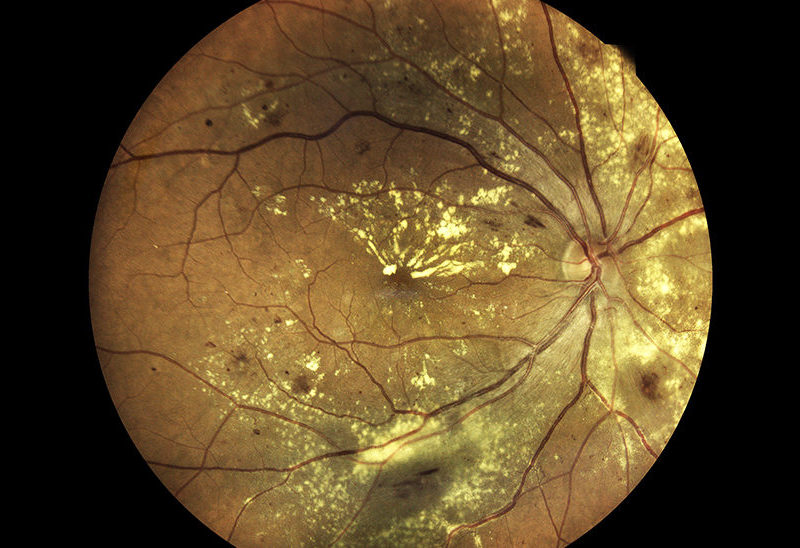
Over 15 million people in the United States are currently struggling with age-related macular degeneration (AMD). Researchers investigated a mechanism of AMD pathophysiology.

